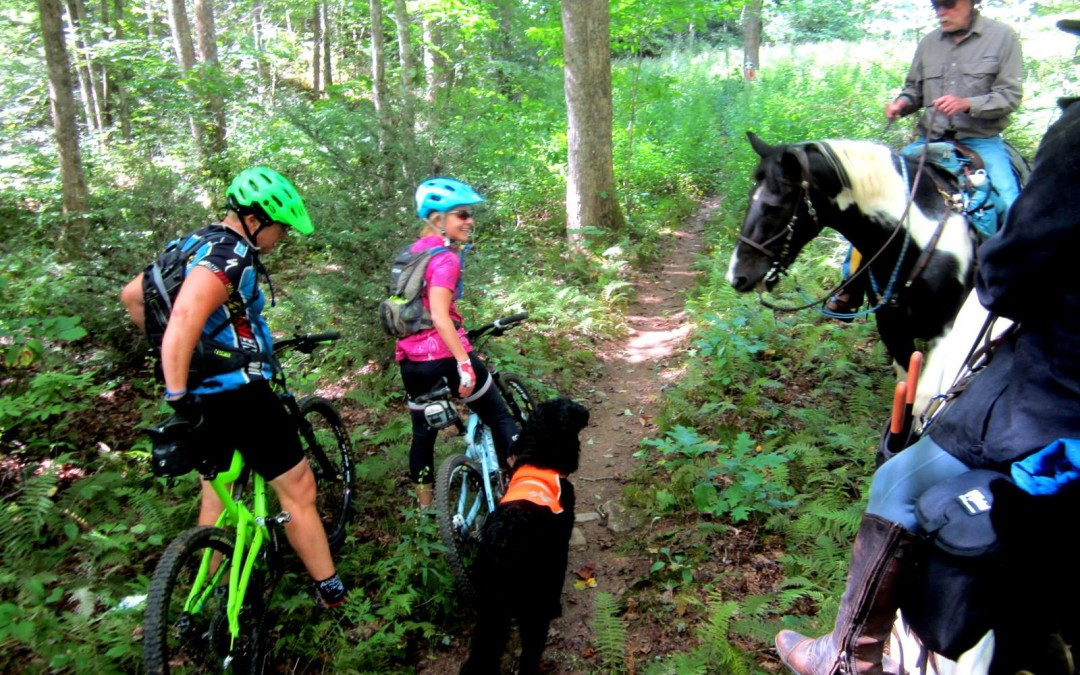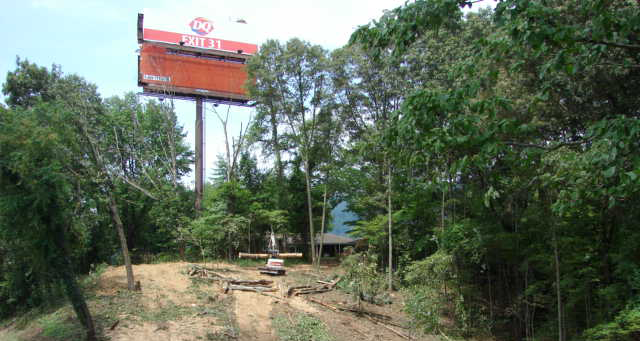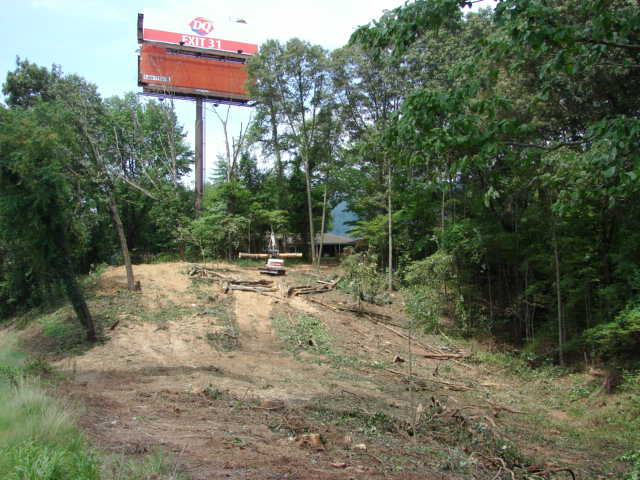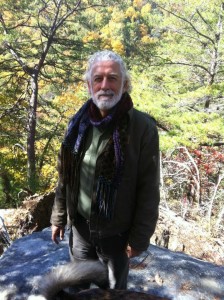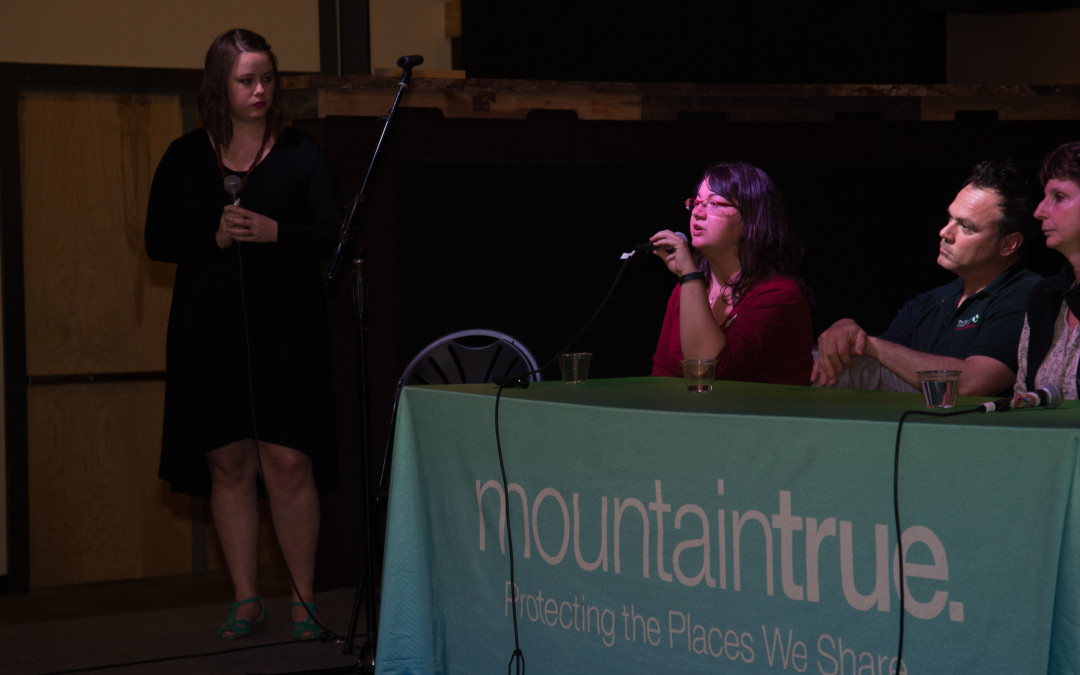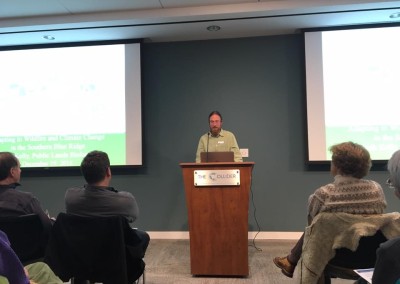MountainTrue Raleigh Report | August 1, 2017
MountainTrue Raleigh Report | August 1, 2017
The latest from Raleigh, where lawmakers come back to town, briefly, this week and Gov. Cooper signs an important energy bill.
Legislature Back for a Not-So-Special Session
The Senate and House reconvene Thursday for a special session they scheduled before adjourning last month. While lawmakers have the flexibility to do just about anything they choose during this week’s session, they are widely expected to limit their work to a handful of unfinished bills left over from the regular session.
That means MountainTrue is on watch for the collection of “regulatory reform” bills that Senate and House negotiators are trying to settle. Of top concern: a provision to limit the ability of regular people, like adjacent property owners, to effectively challenge environmental permits relating to air pollution, mining and other issues. We’ll also be keeping an eye out for a proposal to strip local governments’ ability to regulate asphalt plants — an idea that has local governments in Ashe and Watauga counties particularly concerned. Both communities are currently wrestling with proposals for new or expanded plants in their areas.
This week’s special session is one of several we can expect in the coming weeks and months as legislators comply with court orders to redraw many House and Senate districts. You can read more about the ins and outs of this long-running — and enormously important — saga here. The courts ruled just this week that legislators must complete new maps by September 1 (or September 15 if they demonstrate suitable progress) and that no special election will be held before next year’s short session in May.
Governor Cooper Signs Energy Bill
The legislature approved one of the most contentious — and important — environmental bills of the year in the last hours of the 2017 regular session. HB 589, Competitive Energy Solutions for NC, included positive changes that will improve access to solar energy for many North Carolinians and continue to require large utilities to obtain significant portions of their power from sustainable sources. The bill is far from perfect, however, as it also includes what we judge to be an unnecessary and damaging 18-month moratorium on wind energy development in North Carolina. You can read our previous updates about this legislation here and here.
Because HB 589 included the wind moratorium, it was not clear whether Gov. Cooper would sign or veto the bill — or simply let it become law without his signature. After meeting with a variety of stakeholders, Cooper signed the legislation last week, while also approving an executive order directing state agencies to continue processing wind energy permit applications during the moratorium. Because wind permits can take months or even years to approve, the Governor clearly hopes that new projects will be ready for construction when the moratorium ends. The order also directs state agencies to do everything possible to support the wind energy industry in North Carolina. You can read the Governor’s announcement about HB 589 and the executive order here.
MountainTrue supports the Governor’s decision to sign the bill into law. While the bill is far from perfect, it will help stabilize the market for clean energy in North Carolina and give thousands of individuals and many communities expanded access to sustainable energy. It will also support countless jobs associated with this important new industry.
Help Us Clean Up Our Rivers
MountainTrue is partnering with a number of community organizations to support the annual Big Sweep cleanup of the French Broad, Watauga, Broad and Green rivers on September 9 — and we have invited legislators to join us. MountainTrue member and Senator Chuck Edwards from Henderson County was the first to accept the invite and we hope others will follow his lead. We need your help too, so sign up now and you may find yourself working alongside your representative or senator!


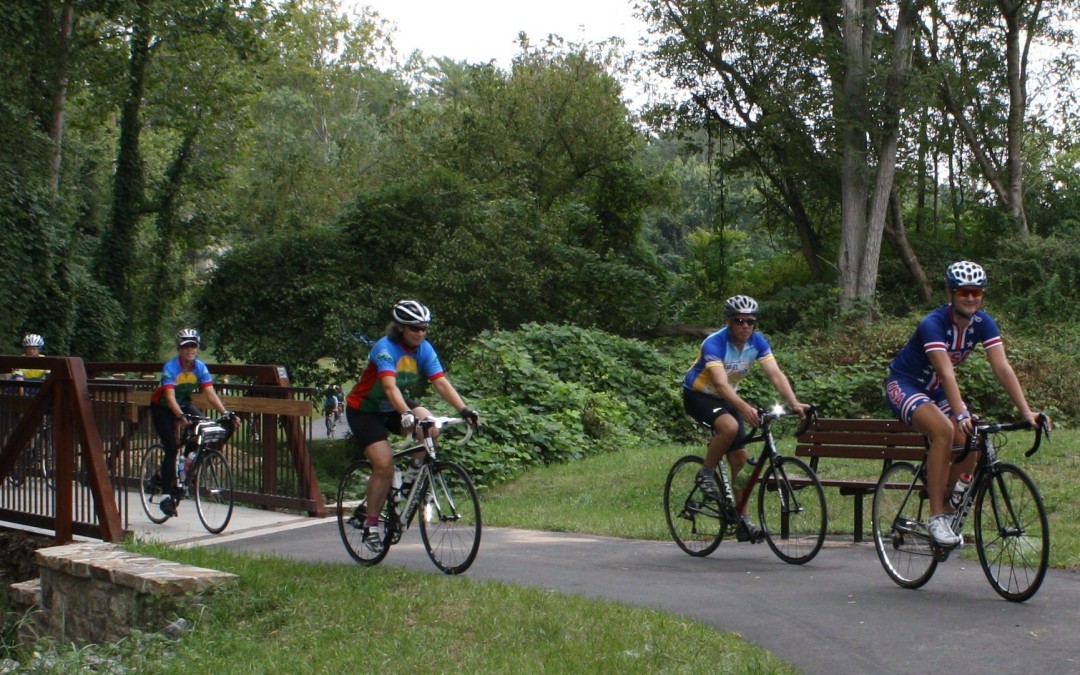
 Hendersonville, N.C.
Hendersonville, N.C.